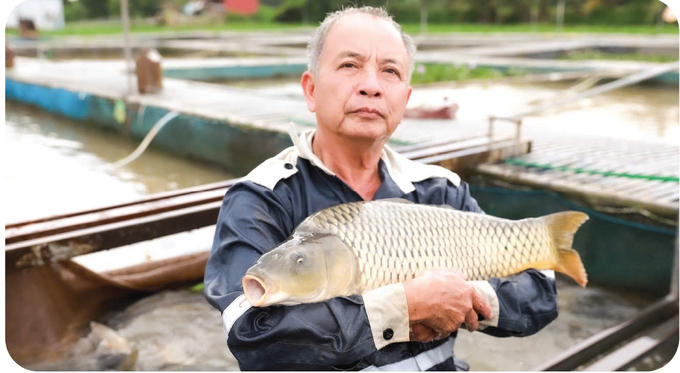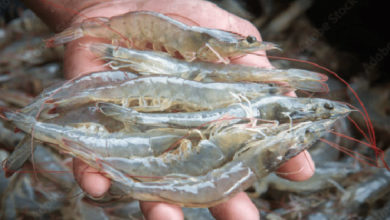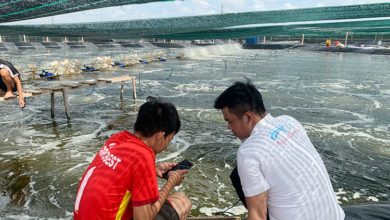Hai Duong: A 70-year-old farmer’s unique detox method for fish
"If people can detox their bodies, why can’t fish? When I first introduced my detox method for fish, many people didn’t believe me," said Thuong.
Detoxing fish through fasting
Along the left bank of the Thai Binh River in Nam Dong Ward, Hai Duong City, I visited a 5-hectare fish farm with over 40 cages owned by Nguyen Van Thuong’s family.

Wanting to stay productive after retirement, Thuong immersed himself in aquaculture, studying agricultural materials and learning Japanese fish farming techniques. While many of his peers enjoy a relaxed life with their grandchildren, Thuong, despite being in his 70s, is still fully engaged in his passion, leading his fish farm.
His farm mainly raises common carp, black carp, grass carp, and hybrid catfish, producing over 250 tons of fish annually. One of his key methods is a Japanese-inspired detox technique, which helps cleanse the fish’s system through scheduled fasting. This process allows the fish to naturally eliminate toxins, improving their health and reducing the risk of disease. Each batch of fish, weighing at least 3 kg when introduced into the farm, undergoes a two-month detox process before being sold.
During detox, the fish follow a strict feeding schedule, gradually reducing their intake before fasting completely for two to three consecutive days. In addition, herbal supplements, including Pseuderanthemum palatiferum, bitter leaf, Eclipta alba, and Polygonum, are mixed with lychee and longan honey into the feed to enhance nutrition.
According to Thuong, these herbs primarily help cleanse the fish rather than serve as medicine. They are ground into liquid form and mixed with feed, making them easier to absorb.
Hybrid catfish, often considered a low-value omnivorous species, have seen a remarkable improvement in meat quality thanks to the detox method. The fishy odor is eliminated, increasing their market value. Today, Thuong’s hybrid catfish have passed quality inspections and are being prepared for export to the European market.
A key part of his farming approach is minimizing antibiotic use. Instead of antibiotics, he uses a mixture of crushed garlic and herbal extracts to prevent disease outbreaks. This method has significantly reduced fish mortality rates compared to other farms, where losses can reach hundreds of fish per outbreak.
Using lime water to keep the farming environment clean
Since the fish are raised in a river, the risk of disease spreading from neighboring cages is high. To maintain clean water conditions, Thuong relies on a simple yet highly effective method, using slaked lime water. “I always keep two buckets of lime water ready and sprinkle it into the water once a week for disinfection. Many visitors to my farm are surprised by the low fish mortality rate, but when I explain my method, they still find it hard to believe,” he said.
Lime water gradually sinks to the bottom, helping cleanse the environment without harming the fish. It’s also cost-effective, one bag of lime costs around VND 90,000, and the entire system of cages only requires two bags per week to maintain stable water quality. Additionally, the fish are dewormed monthly to ensure their health and meat quality.
Thuong is eager to share his detox method with other fish farmers, believing that if widely adopted, it could not only boost farmers’ incomes but also enhance Vietnam’s reputation for clean, high-quality fish in the international market.
“Many people are still skeptical about this method, but based on the results I’ve seen, I believe detoxing will gradually become a trend in Vietnam’s aquaculture industry,” Thuong said.
Nguyen Huy Thong, a former lecturer at the College of Economics and Fisheries Engineering, explained that garlic contains allicin, which has anti-inflammatory properties, while honey has antibacterial agents and enzymes that aid fish digestion. Using herbal supplements to prevent and treat fish diseases, especially for grass carp, was researched by Dr. Bui Quang Te at the Research Institute for Aquaculture I between 1991 and 1995, and commercial products based on this research are now available on the market.
VFM






